Tag: canada
Oral anticancer therapy: Improving safety, empowering patients

The ability of patients to administer potentially toxic oral anticancer medications by themselves in the comfort of their homes allows freedom and control of their treatment away from a hospital setting but does come with some risks. Audrey Chouinard and team from Centre hospitalier de l’Université de Montréal assessed the success of group education sessions to educate and empower patients […]
Read More… from Oral anticancer therapy: Improving safety, empowering patients
Off-the-shelf immunotherapy could lead to more accessible cancer treatment
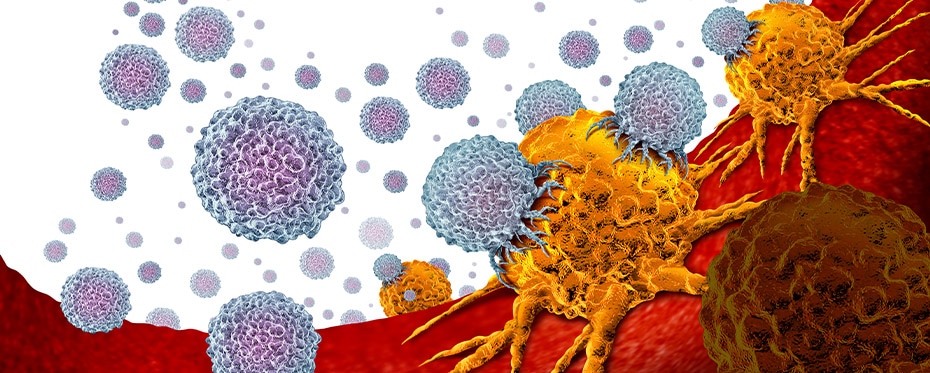
Immunotherapy is a type of cancer treatment that harnesses the immune system to destroy cancerous cells. Dr Li Zhang and colleagues at Toronto General Hospital Research Institute and the University of Toronto, are pioneering a new type of “off-the-shelf” treatment using a type of immune cell—a double negative T (DNT) cell. Dr Zhang‘s work shows that DNT cells are a […]
Read More… from Off-the-shelf immunotherapy could lead to more accessible cancer treatment
Proteomics reveals new possibilities in the fight against infection
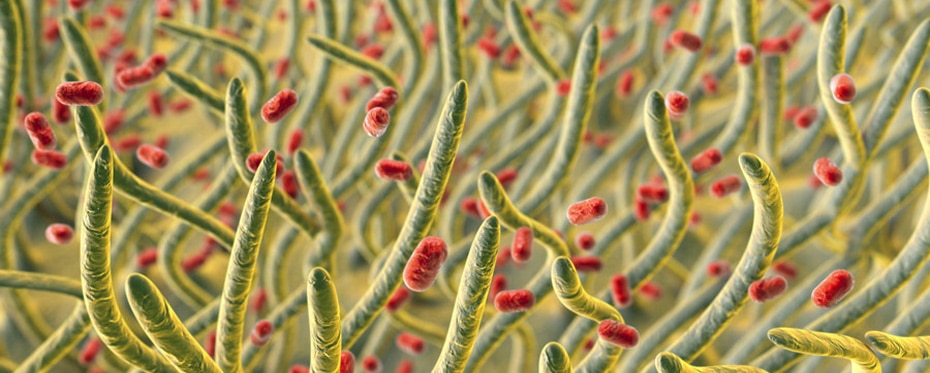
The work of Dr Jennifer Geddes-McAlister at the University of Guelph investigates the interactions between hosts and pathogens to uncover new treatment options to combat infections. Her lab uses a range of techniques centered around proteomics, the study of proteins, to progress knowledge of fungal and bacterial infections in humans and agricultural crops. The results of this research can be […]
Read More… from Proteomics reveals new possibilities in the fight against infection
How does age change sport performance? Master athletes have the answer
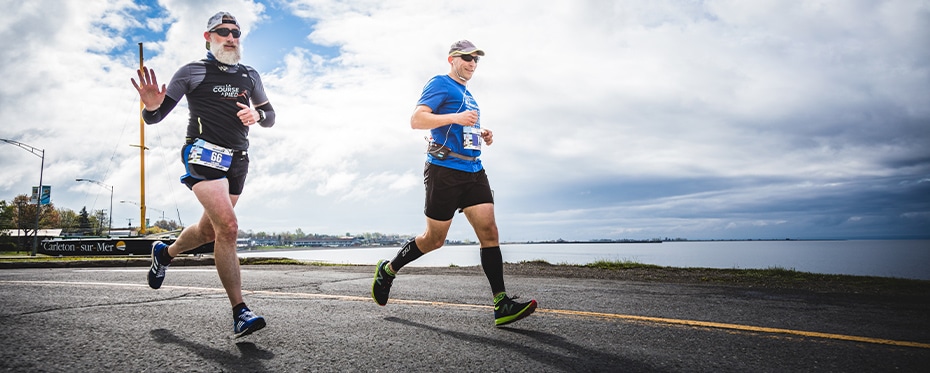
We all grow older, but the ageing process affects us differently. Many master, or veteran, athletes are examples of “successful ageing”. Their physical fitness is often recorded in sport performance records over a long period of time, making them ideal for studying the effects of ageing. Professor Emeritus Michael Stones, of Lakehead University, Ontario, Canada, used a statistical method called […]
Read More… from How does age change sport performance? Master athletes have the answer
Serious illness decision-making:
How do you plan for uncertainty?

The death toll from the current COVID-19 pandemic rises every day. Symptoms can range from a cough to severe pneumonia and acute respiratory distress syndrome. Thinking about future medical care is now more relevant than ever before. However, planning for death under conditions of certainty is not the same as planning for a serious illness, where the outcome is more […]
Read More… from Serious illness decision-making:
How do you plan for uncertainty?
Sticking together: Another look at chemical bonds and bonding

The making and breaking of bonds lies at the heart of chemical reactions. The ability of atoms to form bonds with each other allows the formation of molecules. It is exactly this formation and breaking of bonds that chemists are trying to master in the lab, as innovative new ways to control chemical bonds make it possible to make novel […]
Read More… from Sticking together: Another look at chemical bonds and bonding
Home advantage in the NHL
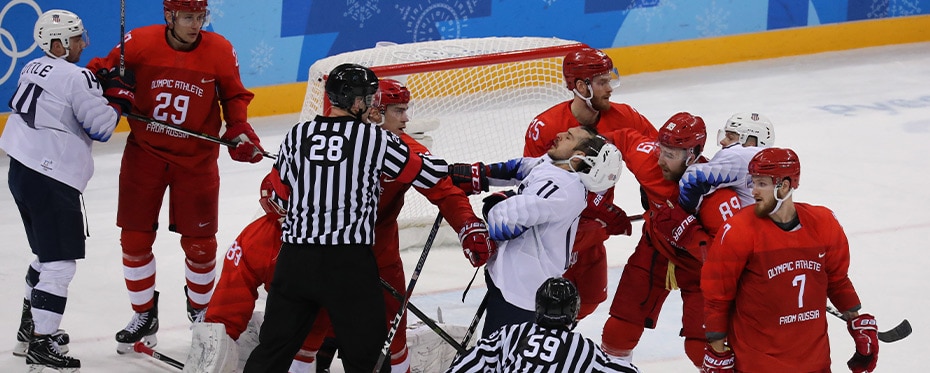
Since his retirement in 2003, Dr Marshall Jones, a professor at Penn State’s College of Medicine, has focused his research efforts on trying to explain how the home advantage in team sports works. The home advantage is the tendency for the home team to win more often than it loses. In the National Hockey League (NHL) the home advantage had […]
Envisioning Utopia: Being-in-the-zone and the game of our life

In The Grasshopper: Games, Life and Utopia, Bernard Suits devises a thought experiment using dialogues between Aesop’s Grasshopper and two former ants. These characters debate the definition of “game,” and how game playing might relate to the meaning of life. In Utopia, all activity would be voluntary and intrinsically valuable, rather than necessary and instrumentally valuable. Unfortunately, Suits leaves the […]
Read More… from Envisioning Utopia: Being-in-the-zone and the game of our life
Growing soybean in Canada: Collaborative genomics research
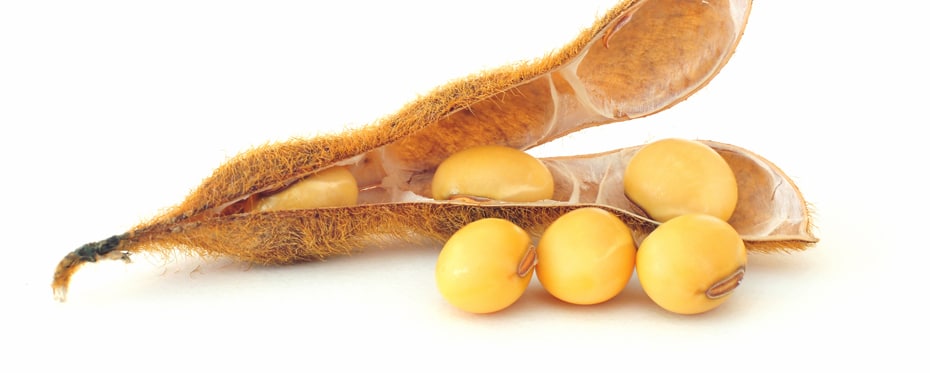
The collaborative research initiative, SoyaGen, was launched officially in October 2015 to develop soybean as a valuable and viable crop in Canada. François Belzile and Richard Bélanger of the Université Laval, Québec, co-lead this ambitious project involving six research institutions. Supported by Genome Canada, Génome Québec, the Western Grain Research Foundation and fourteen other partners, the project also includes grower […]
Read More… from Growing soybean in Canada: Collaborative genomics research
CPHA: The heart of Canadian public health

Health related issues, such as diabetes, heart disease or obesity, can often be hugely influenced by public health initiatives. In her role as Chair of the Canadian Public Health Association (CPHA), Dr Suzanne Jackson champions a public health perspective on important public policy discussions that impact the health and well-being of Canadians. She spoke to us about CPHA’s influence since […]